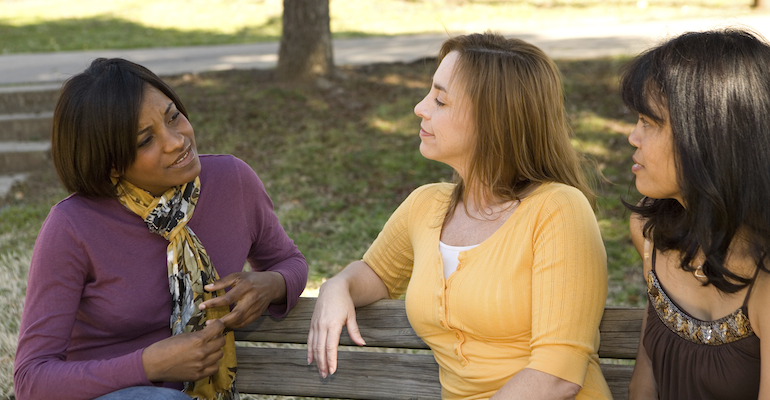I recently had lunch with a friend who’s about to embark on her first in vitro fertilization. She needed to vent; I was happy to share. Like two soldiers, we traded war stories, not knowing whether to laugh or cry. We compared notes on the clueless things people say when they are frustrated because you haven’t had a baby yet.
Like that time, a few years ago, when I was having a grand time at a party, trying to forget — or drown — my worries. An old friend approached me, wanting to know why I didn’t have kids yet. She informed me that I had better start trying soon, so that I wouldn’t end up having to inject myself with rounds of fertility drugs. How horrible it would be if my life came to that! (It had already come to that, but thanks for the warning.)
Or the time, after I’d miscarried one of the twins from a seemingly successful IVF cycle, when another friend said, “At least you don’t have to go to a high-risk OB-GYN now.” The second twin didn’t live much longer. I know my friend didn’t intend to sound callous; she probably thought she was helping. But when you’re three feet below everyone else, struggling to climb up, things sound different.
Over lunch, I told my friend I was over it — meaning infertility. But I’m not sure that’s the whole story. It’s not something I’ll ever be over, exactly, but it doesn’t define my existence any more. Part of that has to do with letting go and moving on to adoption. But at the same time, it’s because I made sure I wasn’t using adoption as a replacement for having a biological child. Adoption is separate from infertility. It isn’t the answer. In fact, the only aspect that unites the two in my mind is the common desired result: to be a parent.
Which is why you cannot tell someone to just adopt. As if there were anything “just” about it. It’s not like, “Hmm, what should I do today? Oh, I know! I’d love to fill out 500 government forms! I’ll just do that today! And then I’ll just schedule multiple visits with social workers, request letters of reference, declarations of good health, a complete financial inventory — I’ll lay bare every aspect of my life that can be summarized on paper. And then I’ll just have everything notarized. In triplicate.”
The complicated process aside, before making a new map for your life and choosing to adopt, you need to go as far as you feel comfortable going with treatment, mourn not being pregnant, and say goodbye to the future you assumed you’d have. While I’d love to say to my friend, “I know how much you’re hurting, and, Yes! there is light at the end of the tunnel if you adopt,” I believe that we need to exhaust hope until, well, until it exhausts us.
When I look back on my years of trying to get and stay pregnant, I wince at the pain I went through. I think about all the sad times and sad conversations with my husband and my infertile sisters. I wish none of us knew what that was like, but I’m not sure I’d take any of it back. It made me a stronger person, more empathetic, more appreciative.
And if our life hadn’t taken the course it did, I might never have chosen adoption, and Henry might never have become my son. That prospect is too scary to think about.
After everything my husband and I went through in our quest for the miracle of life, I know now what the real miracle is. Through everything — through miles and oceans and air and time and loss and grief and healing and acceptance and love — we found a way to our son and he found his way to us.







